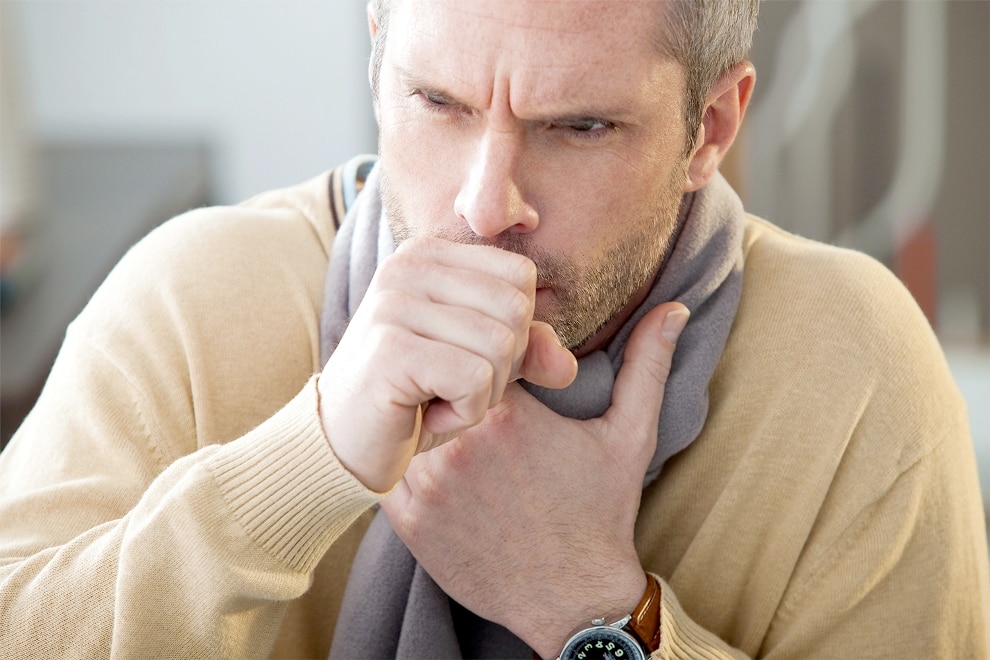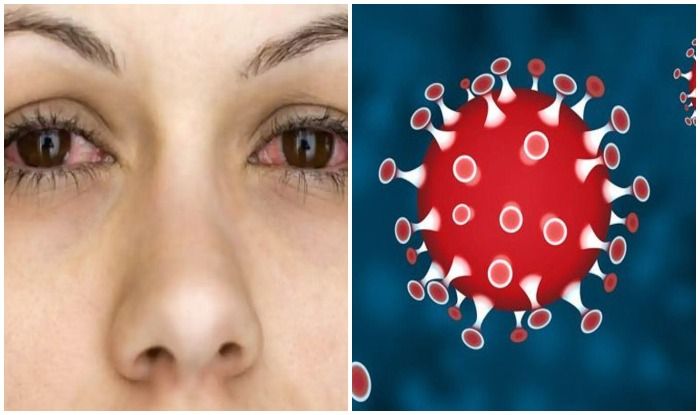Coronavirus Second Wave: Don’t Ignore THESE Symptoms Even If You Don’t Have Fever/Cold
We all know the most common symptoms of deadly Coronavirus are cold, cough, fever, loss of taste, and smell. Most of us are aware of when to isolate or when to get tested by now. Although the second wave of Coronavirus is spreading like wildfires, after a period of lull, the second strain has started to disrupt many lives. The COVID-19 has a wide range of symptoms and medical complications which come with the virus. It impacts an individual’s physical and psychological well-being. Now, health experts have warned about 8 symptoms that tell that you have had contracted the virus.
Wondering how will you identify without getting the COVID-19 test or antibody test done? According to experts, symptoms, and signs will show up months after battling with the virus.
 Unusual Cough:
Unusual Cough:
Cough has been the main symptom of COVID-19 but a persistent cough with a sound different from the usual cough is one of the symptoms. One should not confuse it with a smoker’s cough.
Pink eye: 
According to a study done in China, a pink eye or conjunctivitis is a sign of COVID-19 infection. In the pink eye, people can develop redness, swelling and the eye becomes watery. The 12 participants who got infected with a new strain of Coronavirus, showed this symptom.
Breathlessness:
According to a report in Lans Live, dyspnea- difficulty in breathing with uneasiness in the chest, and heart palpitations are some of the symptoms.
Stomach Trouble: 
Researchers are saying that many gastrointestinal complaints are also coming in. The COVID-19 infection impacts the upper respiratory system, although, a new study says that diarrhoea, vomiting, abdominal cramps, nausea, and pain are signs of coronavirus. If you are facing any digestive discomfort, you must get yourself tested.
Fatigue:

After recovering from any illness or viral infection, our body tends to take time to heal and people often get tired easily but COVID recovered patients suffer from fatigue and exhaustion, but it can last for up to six months. The severity and duration of your fatigue can help determine Long COVID. The study says that around 63% of patients have reported suffering from fatigue, weakness, muscle pain for almost six months even after the first symptoms start to show up.
Brain Fog:

Loss of Taste and Smell: COVID-19 has various symptoms
and one of the most annoying of them is the loss of smell and taste.
Losing the functions of your olfactory senses can be frustrating and
hard to cope up with.
If you’ve experienced any of these symptoms in the recent past, you must consult your doctor.